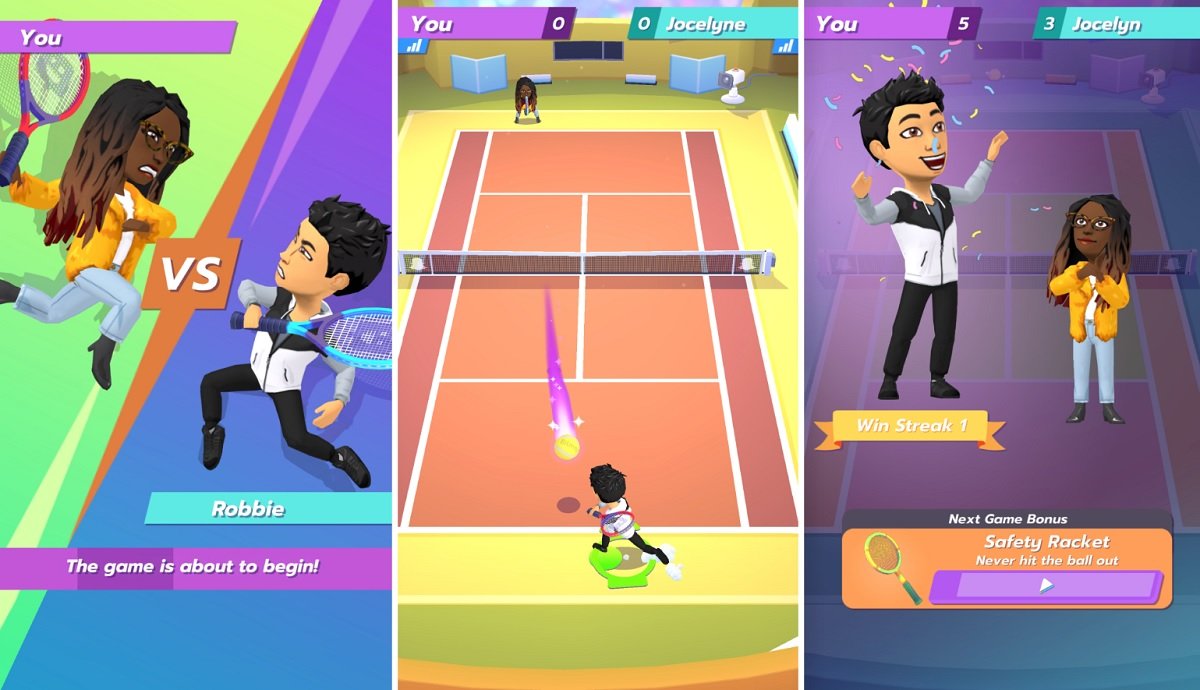Super apps are coming -- fumble no more
What do Amazon, Lyft, Snap and PayPal all have in common? They are developing “super” apps that do WAY more than one basic function.
First created & popularized in India, China and Russia, super apps are what’s next.
By integrating so-called “mini-apps” in one ecosystem that seeks to incorporate all the needs of consumers' lives, super apps have been attracting billions of monthly users worldwide.
Here’s your decode:
Super App: One overarching mobile app that offers a wide range of functions that we used to need multiple apps for. These swiss army knives of the digital world provide a seamless, personalized experience that streamlines your most frequently used services within one platform.
Mini-app: Also called applets or mini programs -- these are the smaller apps within a super app that allow for each specific functionality.
WHAT'S UP ⬆️
Super apps are on the rise
China, India, Brazil, Russia, Japan, and Korea are early adopters of the trend, and some North American / European tech giants are testing the strategy out regionally before bringing it to the US.
Super apps by the numbers:
Functionality: 3 Million Mini-Apps — The amount within China’s largest super app, WeChat. Alipay contains 1 million.
Revenue: $51 Billion USD — The revenue generated by Russian super apps in 2020. This number is projected to grow to $134 Billion by 2025.
The convenience for consumers and the various opportunities for cross-selling are appealing, and the growth of these super apps only continues to speed up.
Companies can reinvent themselves by becoming super apps. Here are 3 western companies already testing the strategy:
PayPal: The original money-sending app has talked about supersizing for some time, and introduced a new version in September that offers a combination of financial tools including direct deposit, bill pay, a digital wallet, peer-to-peer payments, shopping tools, crypto capabilities, and more. The company also plans to branch out into savings services thanks to its recent partnership with brick and mortar Synchrony bank.
Lyft: No longer just rides-for-hire, its app now lets consumers rent bikes, scooters, and cars, get food delivered, check transit schedules, and so on.
Amazon: The super retailer is pursuing super app status in India, where it offers e-payments, flight bookings, ride-hailing, food delivery, and more, either directly or through companies it has acquired. Can a version for the U.S. be far behind?
WHAT'S DOWN ⬇️
App clutter. Our app libraries have gotten out of hand, and we’re tired of having to scroll pages deep to find the tools we want. Plus, our phones are running out of storage – we want fewer apps, not more. But the right ones.
WHAT'S NEXT ➡️
Super apps are gaining momentum, hitting on all 5 drivers:
Disruption: Social apps like Facebook, Snapchat and TikTok have broadened beyond social networking to cross over into other industries. Snap’s functions already resemble super apps, and experts predict they and the other Big Social platforms will soon do everything for us, turning them into a gold mine of Big Data.
Innovation: App overload is real – too many choices stunts our ability to choose. Super apps use hyper personalization to simplify the mobile user experience, overcoming decision fatigue.
Polarization: Super apps won’t be for everyone -- skeptics know that the more functions an app allows, the more user data it can collect. This will cause more than a little controversy in the US.
Stickiness: For multitasking apps to stick, they need to be well designed to provide a completely frictionless experience. If an app’s myriad features are hard to navigate or take too much time, customers won’t be motivated to leave their single task apps behind.
Social Impact: As diversity and inclusion continue to be hot buttons, adaptive tech is gaining momentum. Apps vying for super status are including adaptive options as part of their strategy so they can truly be all things to all people.
Watchout: Concerns around anti-competitive practices and consumer privacy surround the growth of these super apps. Countries continue to crack down on the biggest internet platforms. Increasing regulations may hinder super apps as governments try to prevent them from becoming super powers.
Case Study: Learn from Snapchat
In 2020, Snapchat rolled out Minis, bite-sized third-party apps that let members do things like play games together, meditate, read the news, create bitmojis and book movie tickets, all without leaving the app. Chinese apps aside, Snap is best poised for Big Social to become a super app.


